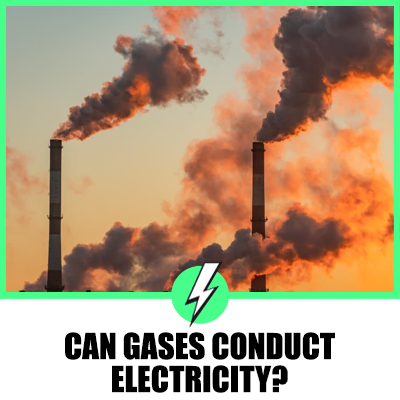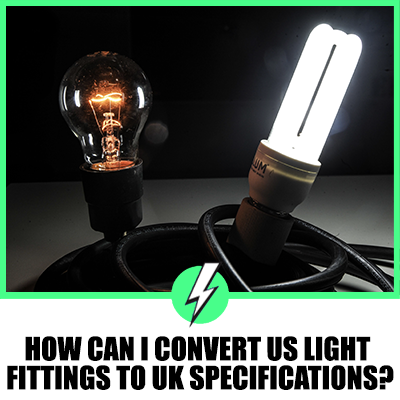Can Gases Conduct Electricity?
When we think of conductors of electricity, our minds often jump to metals like copper or silver.
But what about gases?
Can these ethereal substances also conduct electricity?
The answer is more complex than a simple yes or no, as it depends on several conditions.

Contents
Are Gases Good or Bad Conductors of Electricity?
Under normal conditions, gases are poor conductors of electricity.
This is because they are composed of neutral molecules that do not have free electrons to carry an electric charge.
However, this doesn’t mean that gases can’t conduct electricity under any circumstances.
On What Condition Can Gas Conduct Electricity?
Gases can conduct electricity under certain conditions, specifically under low pressure and high voltage.
When a gas is subjected to a reduced pressure and a high voltage is applied across it, the gas molecules can ionize, meaning they break up into positively charged ions and free electrons.
This ionization allows the gas to conduct electricity.
This phenomenon is essentially what causes lightning.
The Ionization Process
Ionization is a process where an atom or a molecule acquires a negative or positive charge by gaining or losing electrons.
This often occurs when a gas is subjected to a high voltage, which provides enough energy to free electrons from their atoms.
These free electrons then collide with other atoms, causing them to lose electrons and become positively charged ions.
This chain reaction results in a plasma of ions and free electrons, which can conduct electricity.
Can Electric Current Flow Through Gas?
Yes, an electric current can flow through a gas, but only when the gas is ionized.
The ionization process creates a path of charged particles that can carry an electric current.
However, this current will only flow for a short time until the potential difference drops below the ionization levels.
Practical Applications of Gas Ionization
The ionization of gases has many practical applications.
For example, neon lights work by ionizing neon gas.
When a high voltage is applied to the gas, it ionizes and emits light.
Similarly, plasma screens use ionized gas to produce images.
Each pixel on a plasma screen is a tiny cell filled with a mixture of gases.
When these gases are ionized, they emit ultraviolet light, which then excites phosphors to produce visible light.
Variations in Conductive Properties Among Gases
Different gases vary in their conductive properties due to differences in ionization energy.
Ionization energy is the amount of energy required to remove an electron from an atom or molecule.
Gases with lower ionization energies are easier to ionize and therefore more likely to conduct electricity under the right conditions.
Insights from Online Discussions
Online discussions reveal a range of perspectives on this topic.
Some users highlight the role of ionization in enabling gases to conduct electricity, while others point out that neutral gases cannot conduct electricity unless they are ionized.
One user explains that a neutral gas particle, by definition, cannot conduct electricity.
Even a neutral polar particle or molecule, where one can induce an electric dipole, would still not conduct anything.
Another user points out that while you could fire electrons or other charged particles through a gas, this would not constitute conduction unless the gas itself was ionized.
These discussions underline the complexity of the question and the importance of specific conditions, such as pressure and voltage, in determining whether a gas can conduct electricity.
Common Misconceptions and Frequently Asked Questions
A common misconception is that gases cannot conduct electricity at all.
As we’ve seen, this is not true.
While gases are not good conductors under normal conditions, they can conduct electricity when ionized.
Another frequently asked question is whether all gases can be ionized.
The answer is yes, all gases can be ionized, but the amount of energy required to ionize different gases varies.
Conclusion
In conclusion, while gases are not typically good conductors of electricity, they can conduct under specific conditions, namely low pressure and high voltage.
This ability is due to the ionization of gas molecules, which creates a path for electric current to flow.
However, this current is usually short-lived, as it will cease once the potential difference drops below the ionization levels.
Understanding the conditions under which gases can conduct electricity is not just a matter of scientific curiosity.
It has practical implications in various fields, from lighting to television technology.
As we continue to explore and manipulate the properties of gases, who knows what other applications we might discover?





